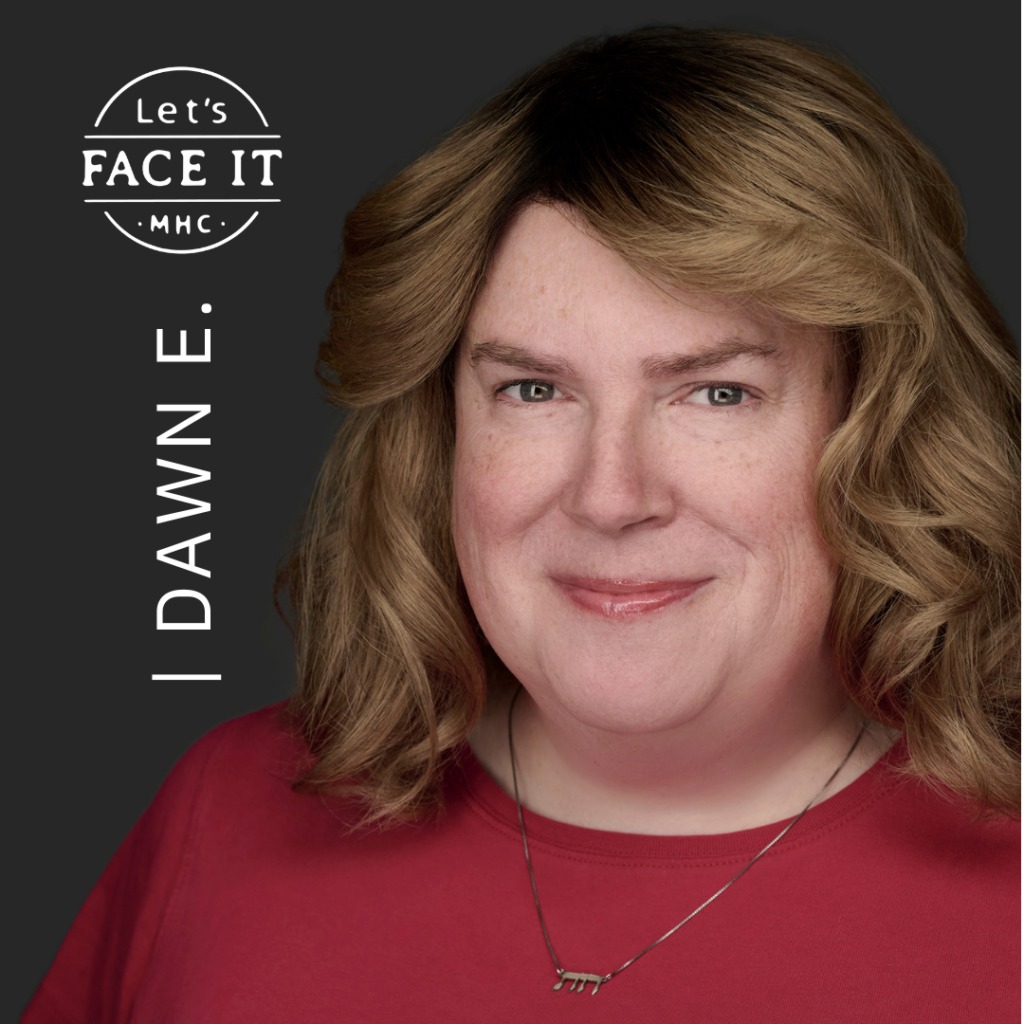 Dawn Ennis describes herself this way: “Woman, single mom raising three kids by myself, college professor, journalist, trans woman.” That last descriptor, she says, “is the fifth most interesting thing about me.”
Dawn Ennis describes herself this way: “Woman, single mom raising three kids by myself, college professor, journalist, trans woman.” That last descriptor, she says, “is the fifth most interesting thing about me.”
Perhaps. But Ennis transitioned from the gender she was assigned at birth to being a woman in a very public way. Ennis was the first journalist in TV network news in the U.S. to come out as transgender.
Given that very public experience, the transition was anything but smooth. Ennis always knew she felt less comfortable in a male body but it wasn’t until her father died in 2006 that she began thinking about transitioning. She was married and had three children at the time. “Life is not forever. You only have so much time to deal with everything you need to deal with,” she says. “I’ve known since I was 4 that I don’t feel like other people do [but] I went along with the script: Meet a girl, marry a girl, buy a house.”
After Ennis’ father died, she began seeing a therapist who specialized in gender. “I told her I don’t want to be transgender. I’m going to lose my family, my marriage, my job. I want to find a way to further the way most people see me as a guy,” Ennis says. “I took testosterone for five years hoping it would make me the male my wife married. Instead I became more feminine so I had to bite the bullet and switch to hormone replacement therapy that would be estrogen.”
The stigma Ennis faced as she changed to her true self was both inside and outside her home.
“I wasn’t looking to be divorced or lose my house or job and I fought it,” she says. “I didn’t expect my wife not to accept that I’m not the same person but with different wrapping on the outside. She felt she would be seen differently. We’d been to gay weddings. She had students who were LGBT. I didn’t realize she was a homophobe.”
The transition was chaotic at work as well. As an employee at a large TV company, Ennis’ story became something media from across the world covered. “The situation got really blown out of proportion by the tabloids,” she says, noting her story was on the front page of the New York Post. “I didn’t expect there to be reporters hiding in bushes, going up and knocking on neighbors’ doors. I never expected anything of that. The company couldn’t have been kinder, but the paparazzi and tabloid media made my life a living hell. After two months I had a mental health breakdown.”
But the stigma Ennis faced didn’t stop there. She was forced to become an online journalist because she couldn’t find work on TV.
Determined to move forward, Ennis has clawed her way back to a career and life. After her wife died, she moved back to Connecticut to raise their three children. She is now working on camera as a host for CT Voice OutLoud on WTNH-TV and hosts her own cable access show on YouTube called RiseUp with Dawn. “It’s called RiseUp because I want people to feel empowered and to help their communities whatever way they can,” she says. Ennis also teaches at the University of Hartford and writes for a variety of national publications.
But stigma in its many forms remains a regular challenge. “I’ve been stigmatized all my life,” she says. “People saw a boy, a guy, a man, but I didn’t think I could act on it. I also understand that being a widow and being a single parent brings its own stigmas.”
The battles have been worth it on some levels, Ennis says. “Because of the trouble I went through, a lot of trans people have found work in the news,” she says. “If I went through that so other people could avoid the traps, I feel like it’s been worth it.”
And Ennis remains hopeful that sharing her story will help destigmatize transgender people. “What I wish is that people would get to know us. Isn’t being different the most American thing we can be? I want to erase the stigma.”
Ennis also believes erasing the stigma could help lessen the mental health issues that can crop up from the stressors of trying to be true to one’s gender identity. “We need to treat mental health as just another part of our body. [Mental health] is the thing we all have in common. I wish people would destigmatize the things around mental health. There’s nothing wrong with talking with people to get the help you need.”

